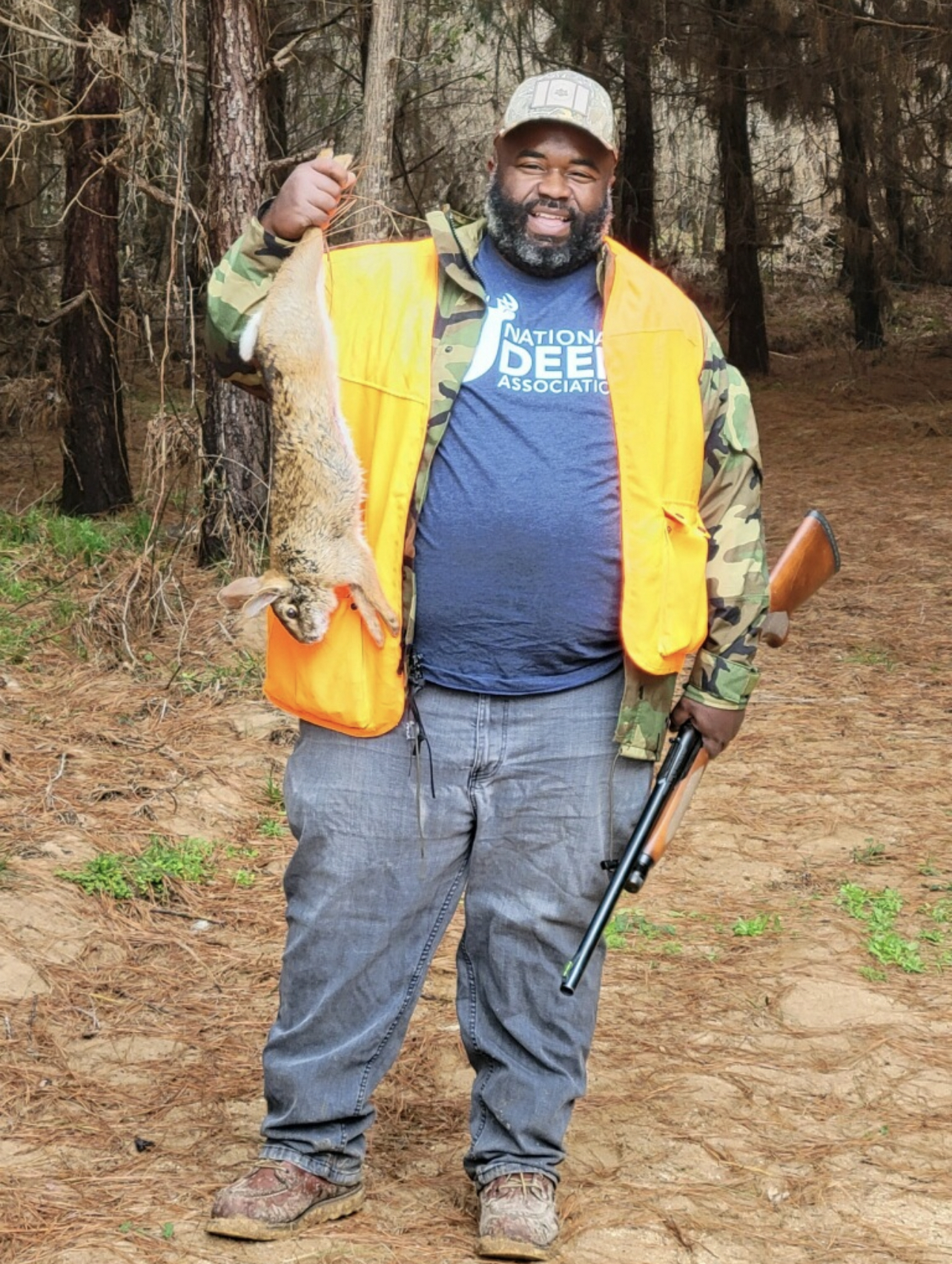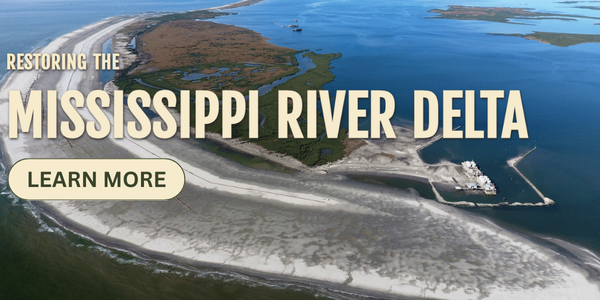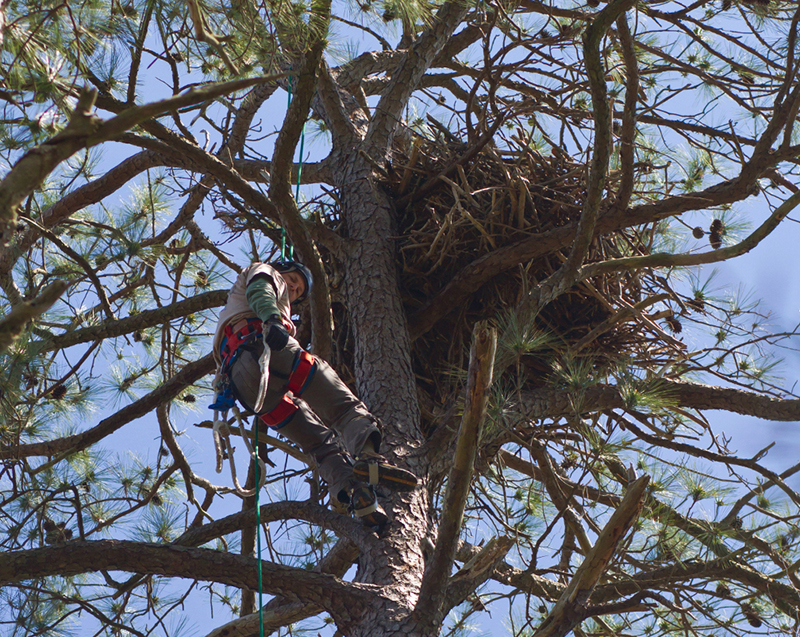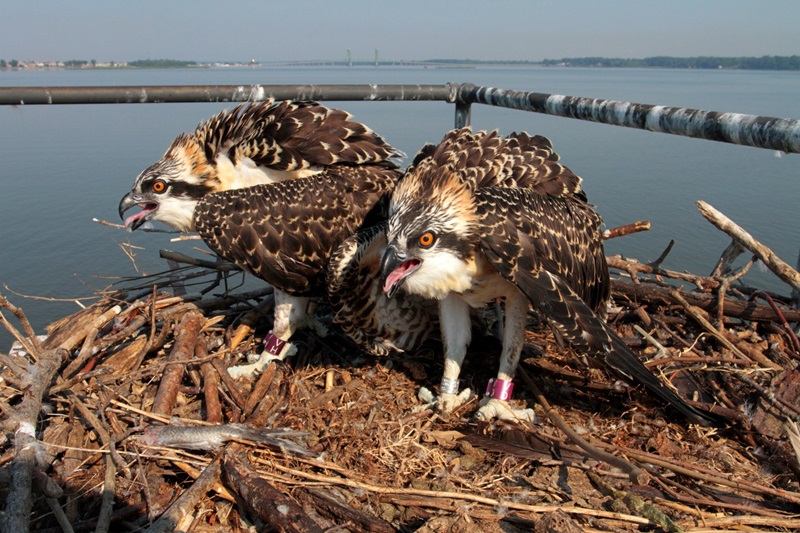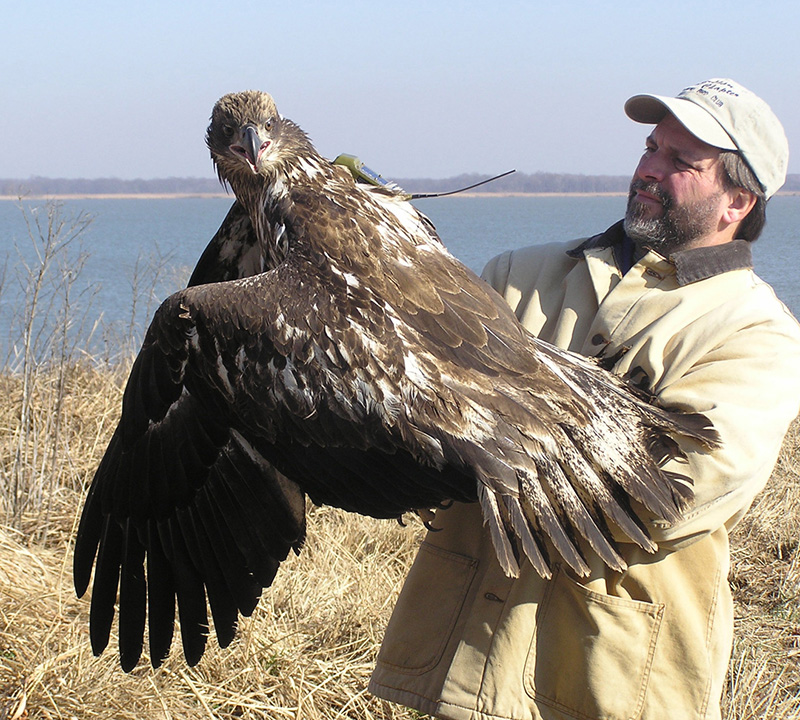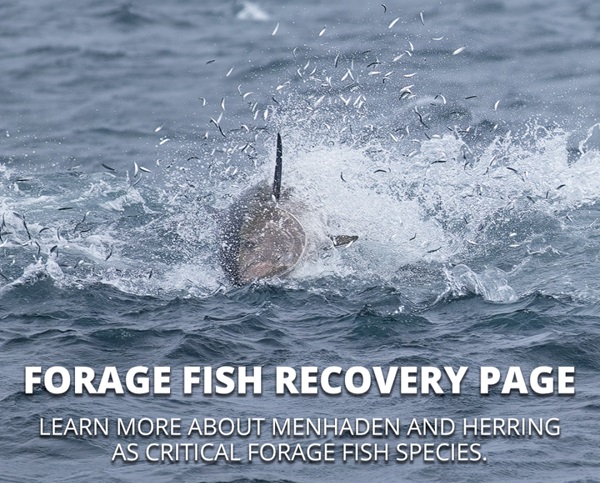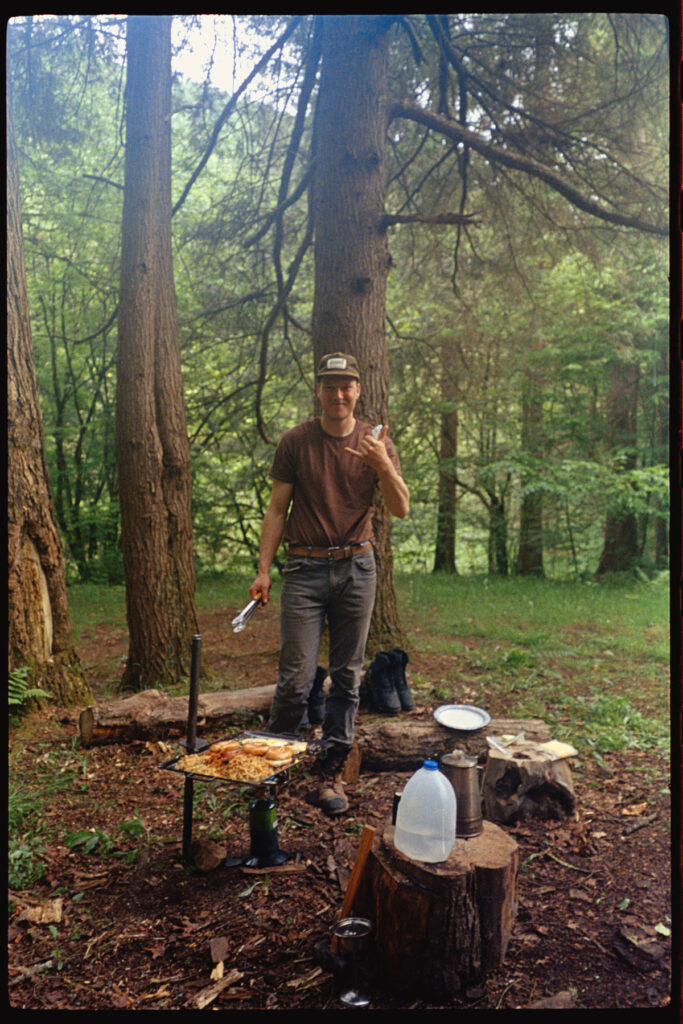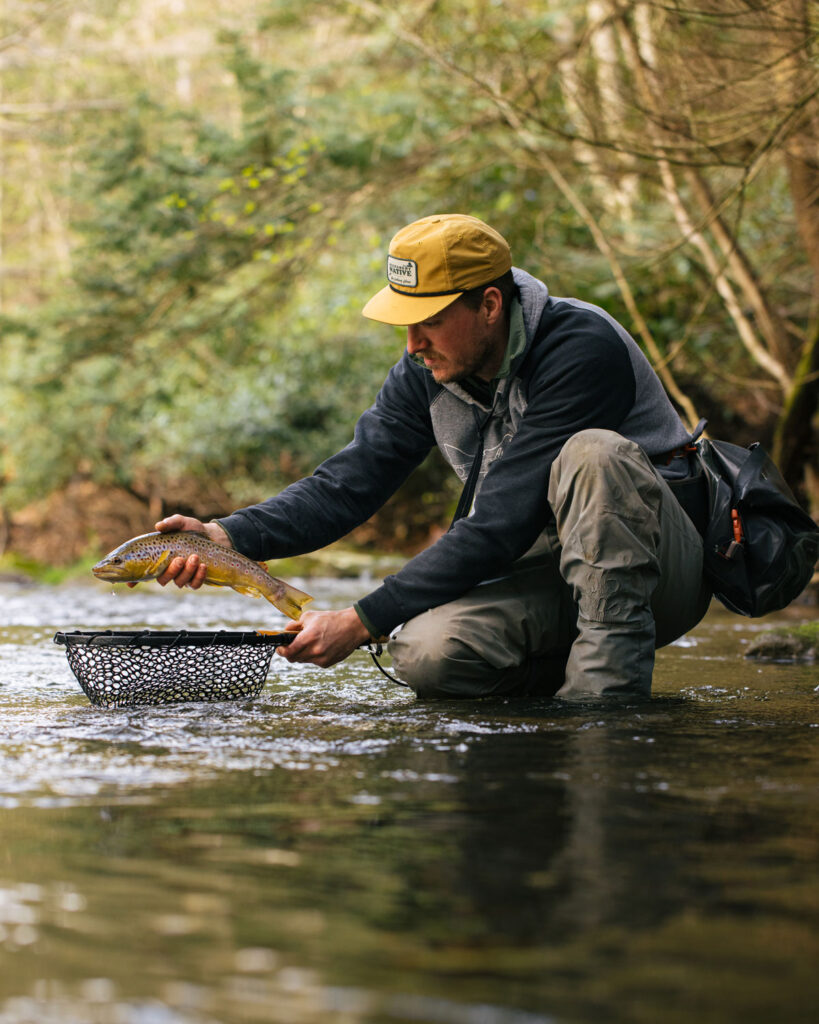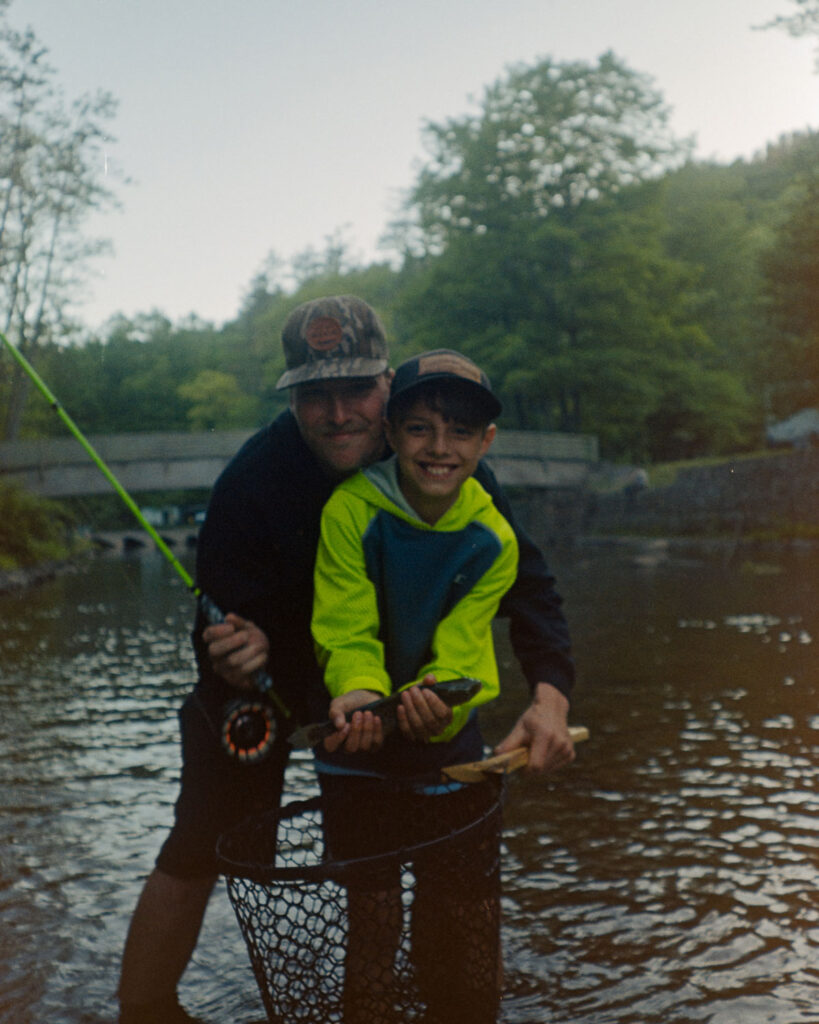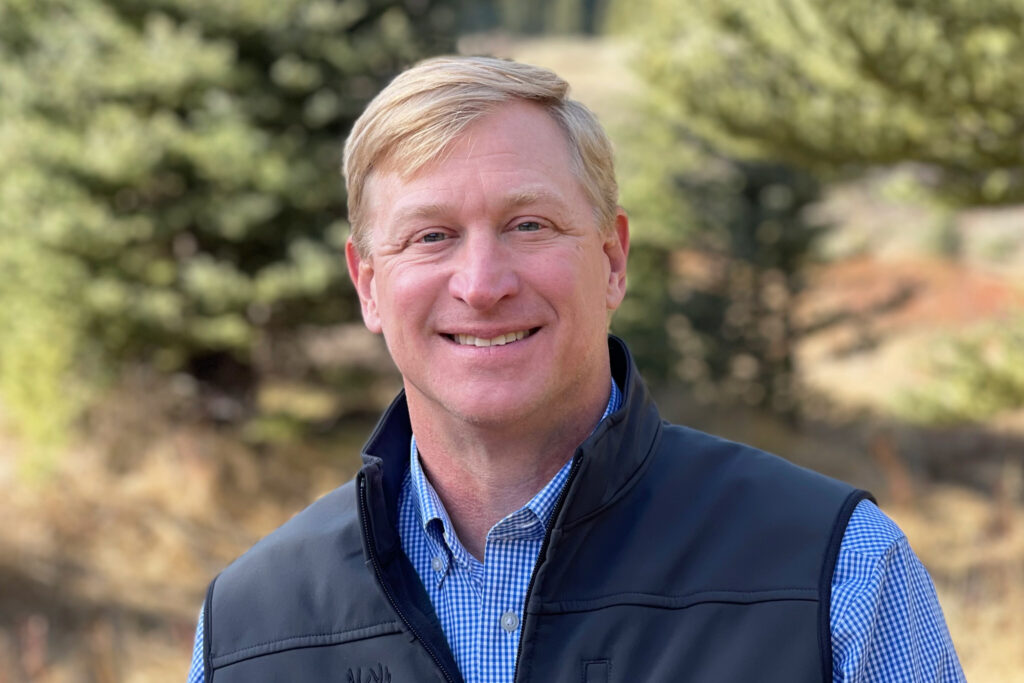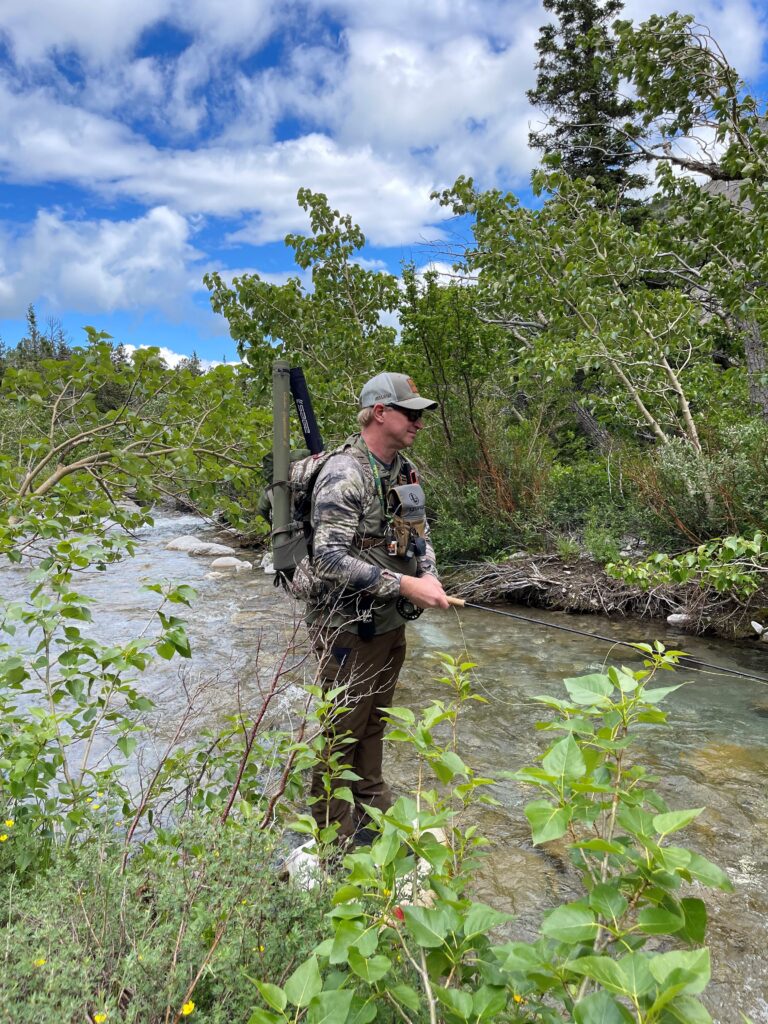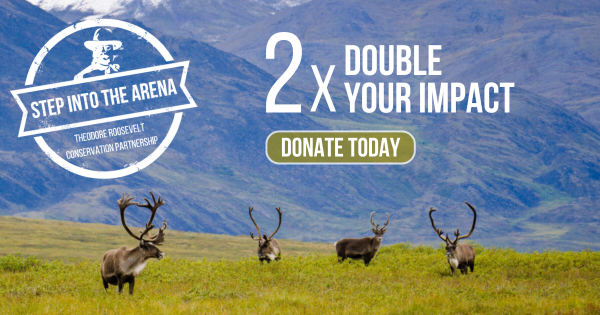TRCP’s “In the Arena” series highlights the individual voices of hunters and anglers who, as Theodore Roosevelt so famously said, strive valiantly in the worthy cause of conservation.
Ryan Sparks
Hometown: Eight Mile Grove, Nebraska
Occupation: Editor of Quail Forever Journal
Conservation credentials: A long-time freelancer who focused on conservation issues impacting hunters and anglers across America, Sparks is now the editor of Quail Forever Journal.
Ryan Sparks learned to catch bluegills and chase whitetail bucks in southeastern Nebraska, but his work as a full-time freelance writer and photographer for nearly a decade took him to far-flung locations such as Ecuador in pursuit of outdoor stories. As a hunter and angler who finds ways to get outdoors in every season, Sparks is the perfect fit to head up a publication such as the Quail Forever Journal so he can inform and inspire other hunters and conservationists through words and photography.
Here is his story.
I grew up on my family’s farm in southeast Nebraska near the confluence of the Platte and Missouri Rivers. My dad and both grandfathers were passionate quail and pheasant hunters, so my introduction to hunting came naturally.
My first hunting memories are of walking fencerows for quail when I was just old enough to stumble in front of my dad’s pointers and flush coveys of bobwhites. My grandfather on my mom’s side, “Papa,” was also an obsessive duck hunter and fisherman so I grew up going on fishing trips with him for catfish, crappie, and bluegill.
Those initial outdoor experiences formed my love for nature as well as hunting and fishing. I later taught myself about bowhunting, flyfishing, waterfowl, turkeys, trapping, and several other outdoor pursuits.

In college, I took classes that sounded interesting and came out with a double major in history and English. After graduating, I thought I wanted to be a history professor, and applied to study environmental history at Montana State University. I was fortunate to receive a full scholarship and a graduate teaching position at one of the strongest environmental history programs in the country.
Living in Montana opened my eyes to public land, big rivers, and wild country. It also made me realize I didn’t want to pursue a career in academia.
My academic advisor, Michael Reidy, gave me one of the best pieces of advice I’ve ever received. He told me that no matter what I did after graduate school, I should keep writing. And I did.
For the next decade I built a career as a full-time freelance writer and photographer, focusing on hunting, fishing, wild food, and conservation.
Through my work I’ve had the opportunity to go on some incredible adventures. I’ve traveled the world with a notepad, camera, and either a shotgun or a fly rod (and sometimes both) from Alaska to the Amazon.
“Without a cultural value of nature, there won’t be a voice to speak for it. Hunting and fishing are the greatest ways I know for someone to learn about themselves and their place in nature.”
Hunting, fishing, eating wild game, and conservation are all integral parts of my life. They aren’t hobbies or a lifestyle – they are who I am.
I hope to contribute as much if not more than I take in all aspects of my life, and I certainly hope to achieve that when it comes to hunting and fishing. I find doing habitat work on our family farm as fulfilling as a successful hunt. On a larger level, if I can help advance the conservation mission of Quail Forever by informing and inspiring other hunters and conservationists, I find that extremely rewarding as well.
Working as the editor of Quail Forever Journal is a dream job for me. It combines my greatest passions in life with what I am good at and is fulfilling work.

Simply put, conservation is taking care of the things we love. I love to hear a turkey gobble in the spring. I love to see a covey of quail explode from a thicket. I love to watch whitetails rut in November. I love to catch a stringer of crappie and fry them up for my family.
I know my parents and grandparents loved these things before me and I’m doing my best to make sure my future children will have a chance to love them as well. If we want these things to last, we need to be involved in conservation.
Without a cultural value of nature, there won’t be a voice to speak for it. Hunting and fishing are the greatest ways I know for someone to learn about themselves and their place in nature. They are a key component to our humanity. It is why we feel so alive when we hunt and fish. That exuberant feeling of life is what inspires me as a conservationist.
Working in conservation isn’t just about preserving landscapes; it’s about nurturing the cultural and ecological tapestry that defines who we are and what we value. Without a collective effort to protect these treasures, we risk losing the profound essence of what makes us human.
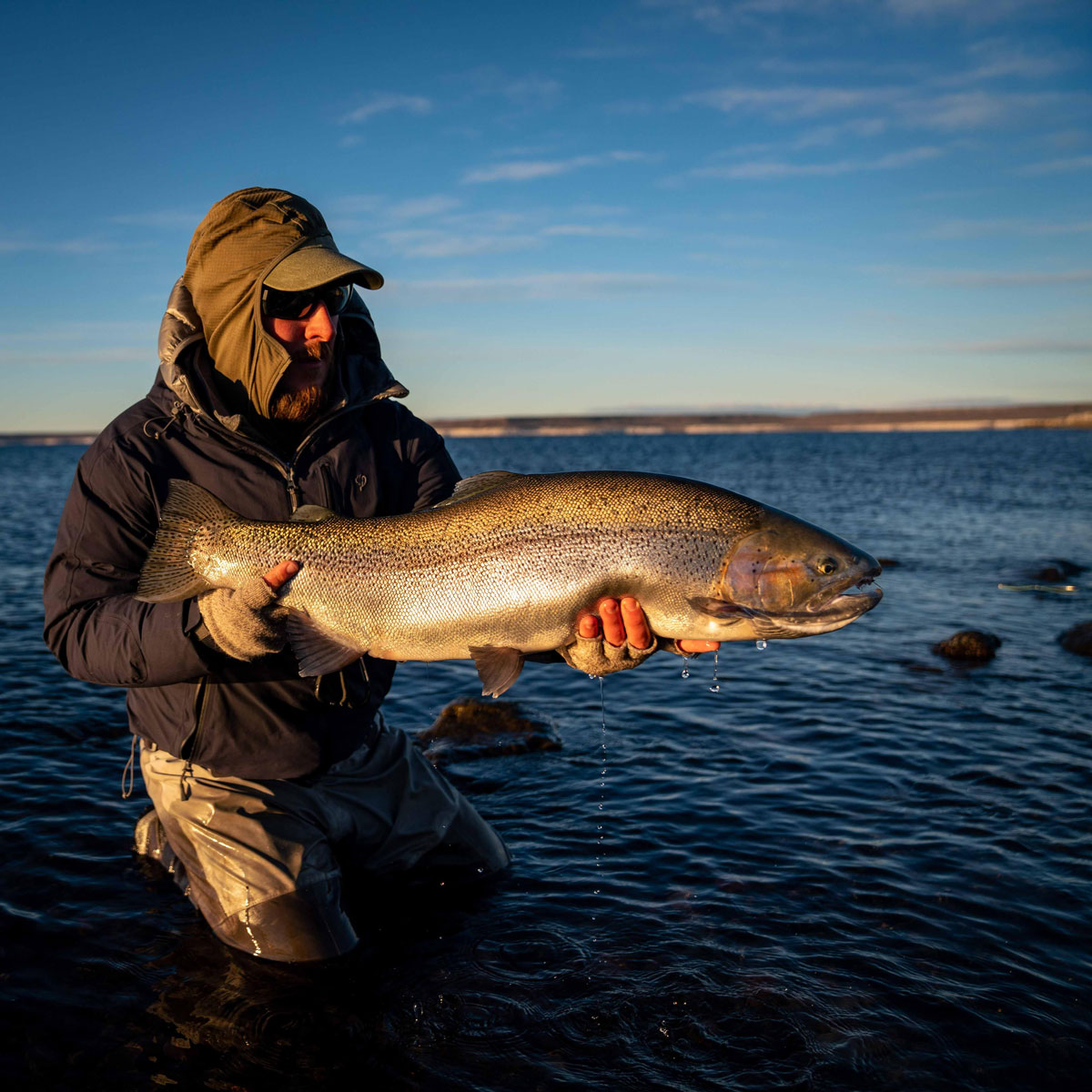
Photo credits: Ryan Sparks
The TRCP is your resource for all things conservation. In our weekly Roosevelt Report, you’ll receive the latest news on emerging habitat threats, legislation and proposals on the move, public land access solutions we’re spearheading, and opportunities for hunters and anglers to take action. Sign up now.


